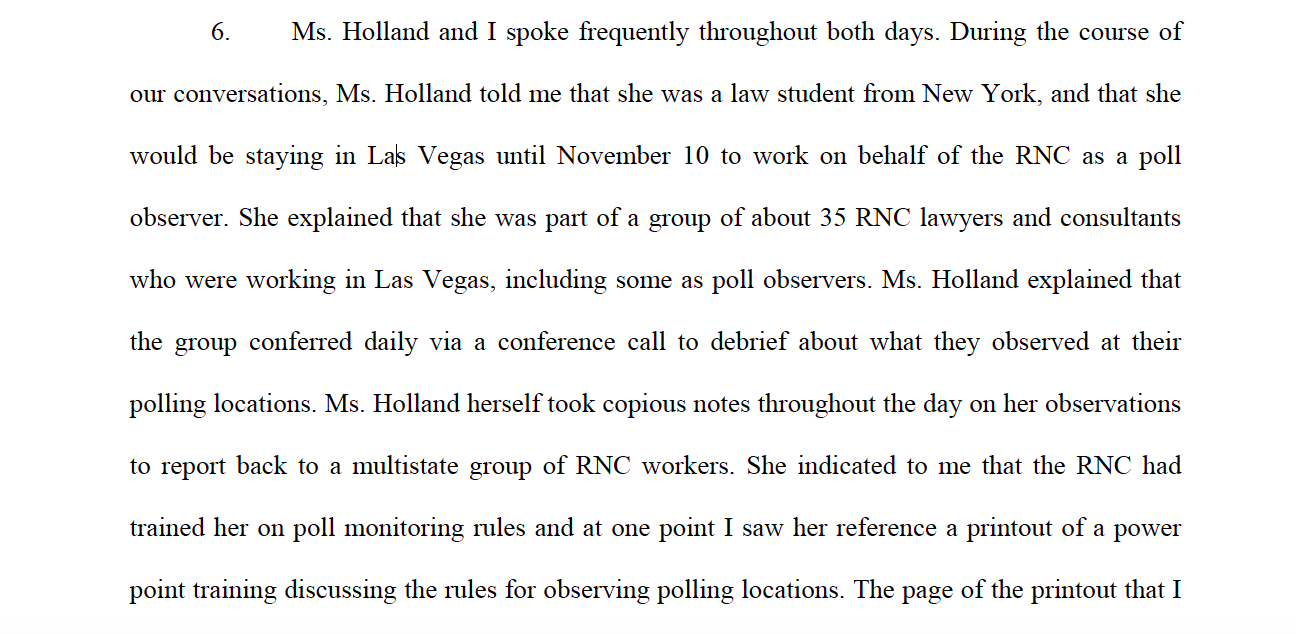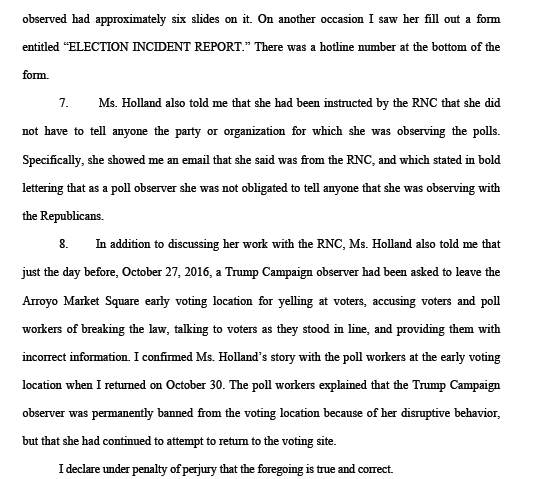The results of the election could alter these dynamics dramatically. If Clinton wins the White House and Democrats take back the Senate, McConnell and his colleagues will have only one reliable recourse to stop a nominee: a filibuster. (Under no scenario will the Democrats win a filibuster-proof majority of sixty.) In 2013, when Democrats last ran the Senate, Harry Reid changed the rules to prevent the use of the filibuster to block any judicial nomination short of the Supreme Court. Now Reid—who will retire in January—is urging his potential successor as leader, Chuck Schumer, to finish the job and allow nominees to the high court to be confirmed by a simple majority vote. If Republicans “mess with the Supreme Court,” Reid told an interviewer recently, the rules would be changed “just like that.” This, the so-called “nuclear” option, is a strong possibility—a near-certainty, Senator Tim Kaine, Clinton’s Vice-Presidential nominee, said on Thursday. Schumer, for his part, has said that “a progressive Supreme Court” is his “No. 1 goal.”
But to deploy the “nuclear” option Democrats will have to retake the Senate on November 8th. If Republicans hang on to their majority, McCain’s promise to block court appointments will almost certainly become Clinton’s reality. Roosevelt, in the heat of his Supreme Court fight, complained that the conservative justices had drawn “the boundaries of a ‘no man’s land’ where no government can function.” That struggle ended when a swing justice, Owen Roberts, sided with the liberals—the famous “switch in time that saved nine.” But that was a provisional victory. What really resolved the crisis was the retirement of Willis Van Devanter, one of the conservative justices, and his replacement by Senator Hugo Black, who tipped the balance of the Court for more than a generation. Black was a stalwart New Dealer, a defender of Roosevelt, and deeply unpopular among his Senate colleagues. He was confirmed in five days.


